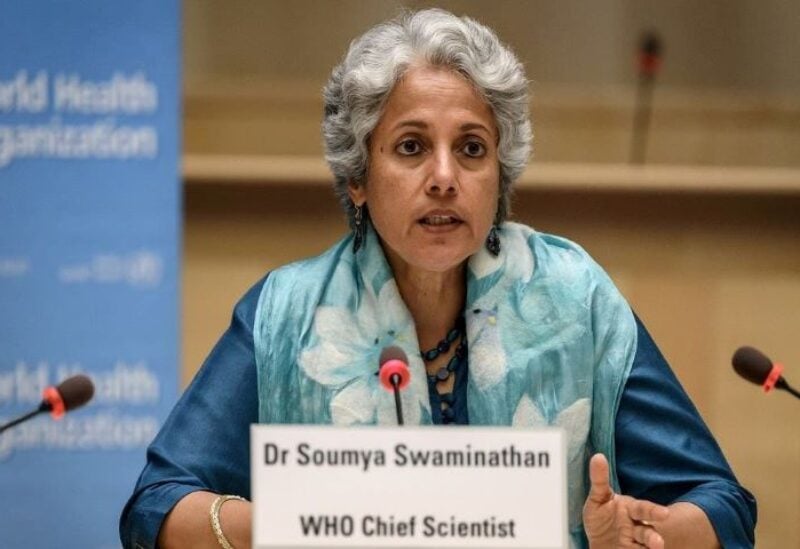
World Health Organization (WHO) Chief Scientist Soumya Swaminathan
On Friday, the World Health Organization’s (WHO) chief scientist advised people not to worry over the development of the Omicron coronavirus variation, saying it was too early to determine if COVID-19 vaccinations would need to be adjusted to combat it.
Soumya Swaminathan, speaking at the Reuters Next conference, also stated that it was hard to determine whether Omicron would become the dominant strain.
Omicron has spread throughout Asia, Africa, the Americas, the Middle East, and Europe, and has reached seven of South Africa’s nine provinces, where it was initially detected. Many nations have strengthened travel restrictions in order to keep the variation out.
Swaminathan stated that the appropriate reaction was to be prepared.
“How concerned should we be?” “We need to be prepared and careful, not panicked, since our circumstance is different than it was a year ago,” she remarked.
“Delta is responsible for 99 percent of infections worldwide.” To outcompete and become dominant globally, this variety would need to be more transmissible. It is feasible, but it cannot be predicted.”
Much is unclear about Omicron, which has been found in over a dozen nations while sections of Europe deal with a surge of illnesses caused by the better familiar Delta form.
“We need to wait, let’s hope it’s milder… but it’s too early to draw general conclusions about the variation,” Swaminathan added.
A day after it was discovered in five US states, Australia became the latest country to report community transmission of the new type.
Earlier, WHO spokesman Christian Lindmeier told a United Nations briefing in Geneva that vaccine manufacturers should prepare for the possibility of modifying their products.
He also stated that the agency has received no reports of fatalities associated with the new Omicron variety.
“I haven’t heard of any Omicron-related deaths yet,” Lindmeier told reporters in Geneva.
“We’re gathering all the evidence, and we’ll uncover a lot more evidence as we continue,” AFP reported.
Ugur Sahin, CEO of Germany’s BioNTech, which collaborates with Pfizer on a COVID vaccine, told the Reuters Next conference that the business should be able to change the injections rather rapidly.
Sahin further stated that, notwithstanding mutations, existing vaccinations should continue to give protection against severe illness.
Takeshi Kasai, WHO’s Western Pacific director, told a press conference that vaccinations were the solution and that border restrictions would only buy time.
“People should not rely solely on border controls.” What is most essential is to be prepared for these variations with a high potential for transmission. So far, the evidence provided indicates that we do not need to adjust our approach.”
Kasai encouraged governments to adequately vaccinate susceptible groups and to adhere to preventative measures like as mask use and social separation.